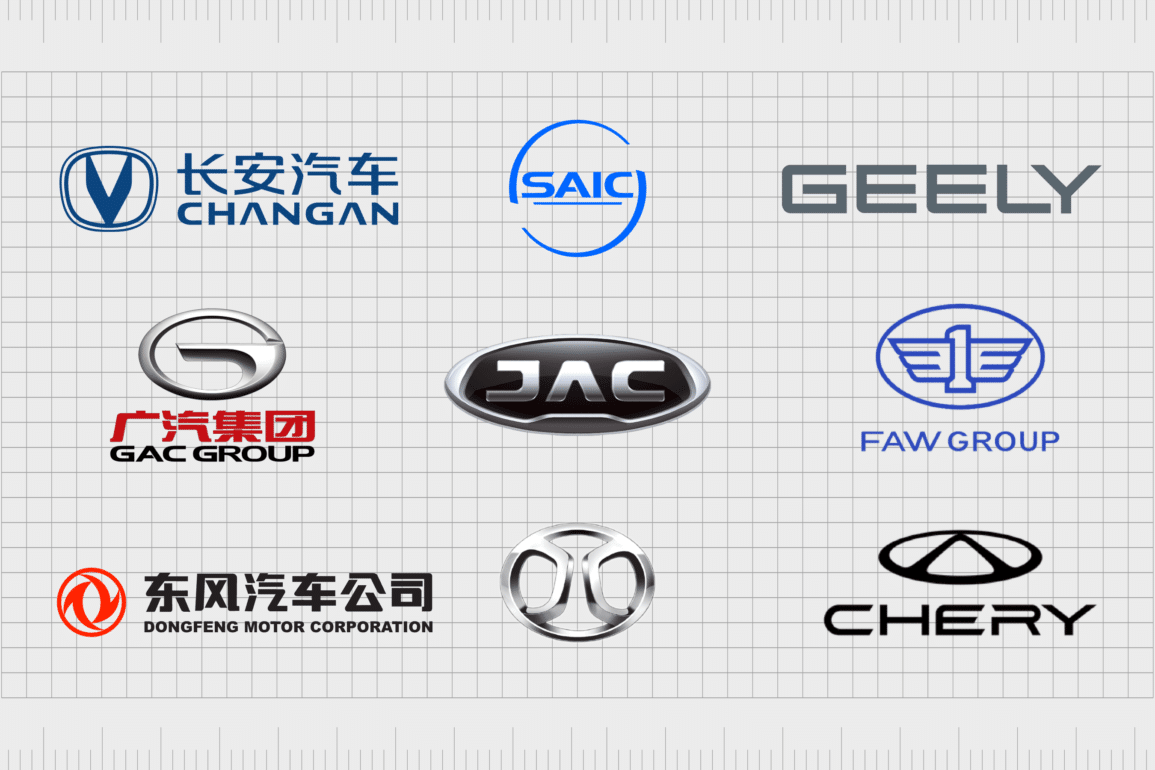The Crucial Role Of Middle Managers In Employee Development And Company Growth

Table of Contents
Middle Managers as Mentors and Coaches
Middle managers are uniquely positioned to act as mentors and coaches, guiding their team members toward professional growth. Their daily interactions provide ample opportunity for impactful employee mentoring and performance management. Effective middle managers understand the importance of:
- Providing regular feedback and performance reviews: Constructive feedback, delivered regularly and with specific examples, is essential for employee growth. Regular performance reviews offer a formal structure for this process.
- Identifying employee strengths and weaknesses: A skilled middle manager can accurately assess individual capabilities, identifying both areas of expertise and areas needing improvement. This forms the basis of targeted development plans.
- Creating development plans tailored to individual needs: Generic training programs rarely suffice. Personalized development plans, focusing on specific skill gaps and career aspirations, are much more effective.
- Offering guidance and support during challenging projects: Middle managers should be readily available to offer support, guidance, and problem-solving assistance when team members face difficulties.
- Facilitating opportunities for skill enhancement through training and workshops: Access to relevant training and development opportunities is crucial for talent development and career growth. Middle managers should actively seek out and promote these opportunities.
- Championing employee career progression within the company: Middle managers should actively advocate for their team members' advancement, identifying opportunities for promotion and increased responsibility. This fosters loyalty and motivates employees.
Effective coaching skills and a commitment to employee mentoring are crucial aspects of a middle manager's role in driving employee development.
Fostering a Positive and Supportive Work Environment
The work environment significantly impacts employee morale, productivity, and retention. Middle managers are key players in shaping this environment. Their actions directly influence team building and employee engagement. A supportive and positive work environment is fostered through:
- Promoting open communication and collaboration: Encouraging open dialogue, feedback, and collaboration fosters a sense of teamwork and trust.
- Creating a culture of trust and respect: Mutual respect and trust are fundamental to a productive and positive work environment. Middle managers must model these behaviors.
- Recognizing and rewarding employee achievements: Acknowledging and celebrating successes, both big and small, boosts morale and motivation.
- Addressing workplace conflicts constructively: Effective conflict resolution is a crucial skill for middle managers. They must address conflicts fairly and promptly.
- Encouraging work-life balance: Promoting a healthy work-life balance demonstrates care for employees' well-being and reduces burnout.
Driving Performance and Productivity Through Effective Delegation and Training
Middle managers play a critical role in driving performance improvement and productivity enhancement within their teams. This is achieved through:
- Effectively delegating tasks based on employee skills and potential: Delegation is not simply offloading work; it's about assigning tasks that challenge and develop employees.
- Providing necessary training and resources for successful task completion: Ensuring team members have the training and resources they need empowers them to succeed.
- Monitoring progress and providing timely support: Regular check-ins and support are essential to keep projects on track and address any challenges promptly.
- Celebrating successes and learning from failures: A culture of learning from both successes and failures fosters continuous improvement.
- Promoting a culture of continuous improvement: Encouraging feedback and implementing changes based on that feedback is key to ongoing growth and development.
Identifying and Nurturing High-Potential Employees
Identifying and nurturing high-potential employees is vital for succession planning and future leadership development. Middle managers are often the first to recognize talent with leadership capabilities. Their role includes:
- Recognizing high-potential employees with leadership capabilities: Observing employees' performance, identifying their strengths, and recognizing leadership potential are crucial first steps.
- Providing opportunities for advancement and increased responsibility: Giving high-potential employees challenging assignments allows them to develop their skills and demonstrate their abilities.
- Mentoring and coaching high-potential employees for future leadership roles: Providing tailored mentorship and coaching helps these individuals develop the skills needed for leadership positions.
- Facilitating their participation in leadership development programs: Accessing and encouraging participation in leadership development programs accelerates their growth and prepares them for future leadership roles.
The Indispensable Role of Middle Managers in Company Success
In conclusion, the importance of middle managers in employee development and company growth cannot be overstated. They are the linchpin connecting leadership's vision with the everyday work of the team. Investing in middle management training and development yields a significant return on investment (ROI) by fostering a highly engaged, productive workforce. By driving employee engagement, improving performance, and creating a positive work environment, middle managers are instrumental in achieving sustainable company success. Invest in your middle managers today and unlock the true potential of your employees and your company's growth! [Link to relevant resources/training programs]

Featured Posts
-
 The Rise Of Chinese Car Brands A Realistic Assessment
Apr 26, 2025
The Rise Of Chinese Car Brands A Realistic Assessment
Apr 26, 2025 -
 Investigating Claims Of Drug Use At Chelsea Handlers Oscars Party
Apr 26, 2025
Investigating Claims Of Drug Use At Chelsea Handlers Oscars Party
Apr 26, 2025 -
 Is Ahmed Hassanein On Track To Become Egypts First Nfl Player
Apr 26, 2025
Is Ahmed Hassanein On Track To Become Egypts First Nfl Player
Apr 26, 2025 -
 140 2025 3 17
Apr 26, 2025
140 2025 3 17
Apr 26, 2025 -
 Private Credit Jobs 5 Dos And Don Ts To Secure Your Next Role
Apr 26, 2025
Private Credit Jobs 5 Dos And Don Ts To Secure Your Next Role
Apr 26, 2025
Latest Posts
-
 Grand National Horse Mortality Statistics 2025 Perspective
Apr 27, 2025
Grand National Horse Mortality Statistics 2025 Perspective
Apr 27, 2025 -
 The Number Of Horse Deaths At The Grand National Ahead Of The 2025 Race
Apr 27, 2025
The Number Of Horse Deaths At The Grand National Ahead Of The 2025 Race
Apr 27, 2025 -
 Grand National 2025 Examining The History Of Horse Fatalities
Apr 27, 2025
Grand National 2025 Examining The History Of Horse Fatalities
Apr 27, 2025 -
 How Many Horses Have Died At The Grand National A Pre 2025 Analysis
Apr 27, 2025
How Many Horses Have Died At The Grand National A Pre 2025 Analysis
Apr 27, 2025 -
 Grand National Horse Deaths A Look At The Toll Before 2025
Apr 27, 2025
Grand National Horse Deaths A Look At The Toll Before 2025
Apr 27, 2025
